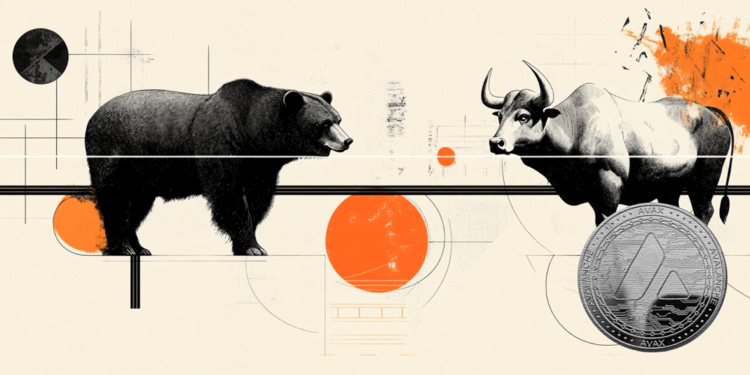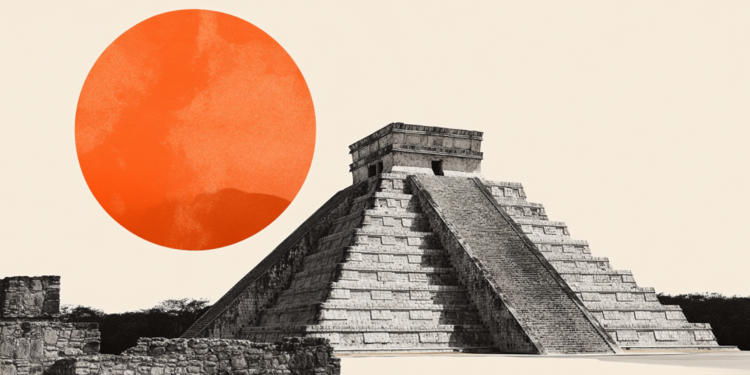To become the new president of Argentina, far-right candidate Javier Milei will have to repeat a feat achieved only by Mauricio Macri in 2015: turning the vote around on November 19, when the second round will be held.
After surprising with first place in the Argentine caucuses, Milei did not repeat his lead in the first round contest, on October 22, and obtained 29.98% of the votes for the position, against 36.68% of the leader, the government leader Sergio Massa .
The turn
Eight years ago, Macri’s turn represented not only the only one in Argentine presidential elections since redemocratization in 1983, but also a solitary interruption of Peronism in the federal government in the last two decades. This continuity is represented by the current Minister of Economy.
Facing a representative of the government at the time, Daniel Scioli, Macri had 34.15% of the votes in the first round, against 37.08% for his opponent. Just over 700,000 votes separated the candidates — on Sunday, 1.7 million voters separated Massa from Milei.
In the definitive confrontation, Macri scored 51.34%. In 2019, again against a Peronist (the current president, Alberto Fernández), he was not re-elected.
Professor Sara Toledo, from the Institute of International Relations at the University of São Paulo (IRI-USP), recalls that there was a “context of dissatisfaction with the Kirchnerist polarization discourse” in 2015. Today, the movement has vice-president Cristina Kirchner its main exponent.
“Macri was elected with a lot of support from residents of urban areas and young people tired of a divisive discourse, at the time heavily sung by Kirchnerism”, he says. For her, although the rejection or part of it will be repeated in 2023, Sergio Massa is a candidate less identified with this political group.
Second in the first round, but no second round
In 2003, Nestor Kirchner became president after finishing the first round behind Carlos Menem. As the leader withdrew from the candidacy in the second round, however, Kirchner did not need a turnaround to triumph.
In other elections for the Presidency of Argentina, the winner was repeated or the dispute was defined in a single round.
By way of comparison, in Brazil, the main democracy in Latin America, there has been no change in presidential elections since redemocratization.
Remember Massa and Milei’s results in the first round
Rejections weigh
The professor of International Relations at the Federal University of São Paulo (Unifesp), Regiane Bressan, considers this second round “unpredictable”: “The candidates will fight for the remaining voters by hand”.
“There must be many votes against Milei again, including from a conservative right-wing electorate, which is frightened by his radical speech; and also many votes against Massa’s Peronism, which is an almost omnipresent flag in Argentine society,” she says.
In the same vein, Arthur Murta, professor of International Relations at the Pontifical Catholic University (PUC-SP), projects the importance of a phenomenon he calls “non-option”: “A significant portion of Argentines are uninterested in voting for any of the two. The feeling of rejection is widespread.”
“The Argentine population has great disbelief regarding the future. There is a feeling that the country’s economic problems will not be resolved simply by choosing a president”, adds Sara Toledo.
In this scenario, the two candidates must invest precisely in their opponent’s rejection factors. Massa is expected to highlight the opponent’s most controversial proposals, such as liberalizing the arms trade. On the other hand, the deputy leader must reinforce criticism of the economic management of the current government, led by the opponent.
Bressan recalls that, “with inflation of 138% per year and almost half of the population below the poverty line, Milei’s campaign can claim that his opponent represents the continuation of this situation”.
Murta points out a “change in the narrative” by Milei in search of a turnaround: “He bet on anti-establishment discourse to consolidate himself [até o primeiro turno]. Now, with a completely open dispute against Massa and Peronism, it seeks to take advantage of the feeling of rejection of this movement, which is aggravated by the current government.”
Bullrich support
The quest to achieve Macri’s feat has the support of Patricia Bullrich, candidate from the former president’s political camp and third place in the initial election, with 23.83% — 6.2 million — of votes.
“The urgency of the moment challenges us not to be neutral,” she said at a press conference. “Argentina, from our point of view, cannot restart a new Kirchnerist cycle led by Sergio Massa.”
Regiane Bressan says that this electorate could be divided: “She represents a voter opposed to Peronism within a conservative policy, of fiscal austerity, who is not radical like Milei”.
The expert recalls that, at the beginning of her political career, Bullrich was a Peronist: “She migrated to the right when opposing Massa, and confirmed her path of opposition to the current government”.
For Arthur Murta, the votes of third place will be “pivotal” and the public gesture is important for the opposition representative. According to the professor, Sergio Massa is not a candidate “so far to the left of Peronism” and, therefore, could capture a slice of this electorate. With support, “this movement can be reversed towards Javier Milei”.
Source: CNN Brasil
Bruce Belcher is a seasoned author with over 5 years of experience in world news. He writes for online news websites and provides in-depth analysis on the world stock market. Bruce is known for his insightful perspectives and commitment to keeping the public informed.







